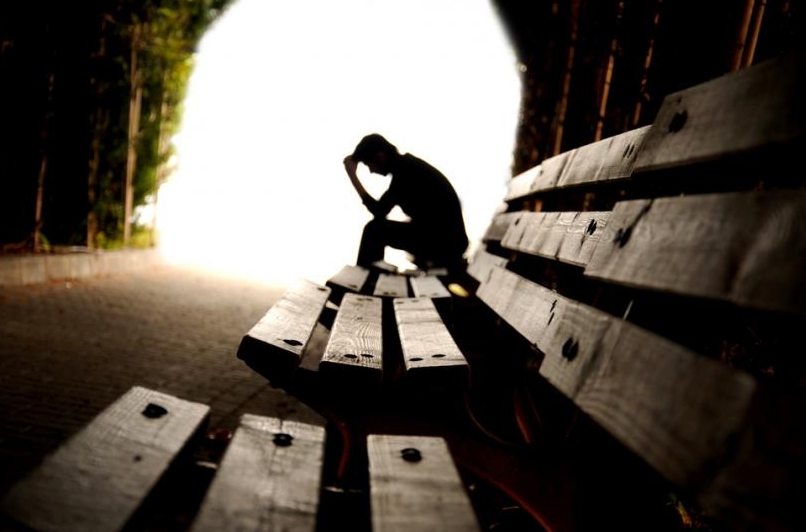When things go wrong it is only natural to absolve ourselves of wrongdoing and blame others. But what if you played a role in creating the acrimonious situation?
It is not easy to admit our wrongdoing in a situation. However, recognizing our role in escalating conflict is the first step to resolution and fostering better relations with other people. This is where the art of self-reflection becomes handy.
What is Self-reflection?
Self-reflection is the act of contemplating our thoughts, desires and actions. This often goes hand in hand with the willingness to learn about ourselves with the aim of achieving a higher degree of self-awareness.
What is Self-awareness?
Self-awareness and self-reflection sound similar but are somewhat different. While self-reflection is about identifying your thoughts and desires, self-awareness is about gaining a deep understanding of things that motivate you and those that arouse you emotionally.
Why Become Self-aware?
When you become self-aware, you are in a better position to control how you react to situations because you are aware of your own prejudices.
Individuals with a high sense of self-awareness are therefore likely to be better at relating with other people. Such persons can restrain themselves, hence are less likely to create or escalate conflict.
A self-aware person prioritizes communication over reaction. Communication is a key aspect of conflict resolution and self-aware people are more likely to seek information to get a clearer view of a situation before rushing to draw conclusions.
Another advantage of self-awareness is that it helps us think of what could have been done differently. This is important in helping us react differently (in a better way) in similar situations.
[irp]
In a nutshell, taking time to think about who we are, our desires, strengths and weaknesses is a sure way to improve our judgment. Hence, it helps us become better at relating with other people and aids in personal growth.

Leave a Comment